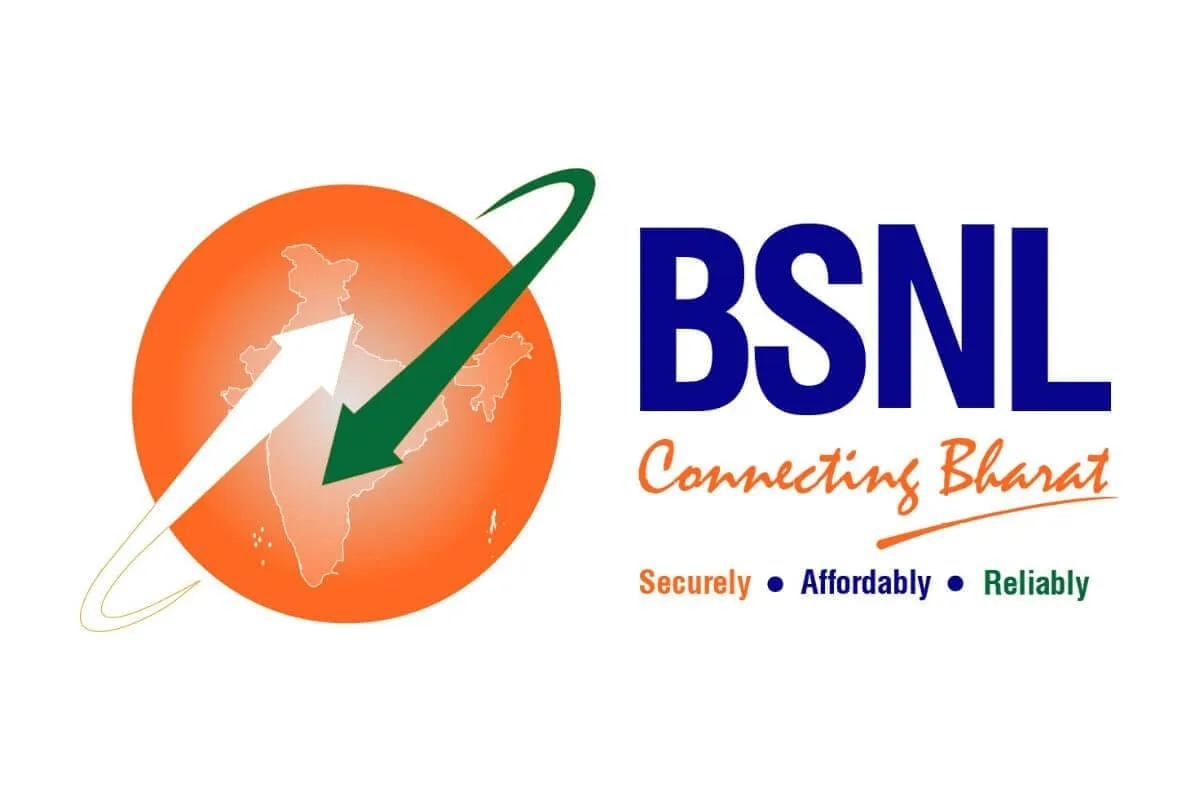
Bharat Sanchar Nigam Limited (BSNL), a state-run Indian telecom operator, has launched 4G in Pangi Valley, Himachal Pradesh. The telecom operator has deployed new sites in Sural Bhaturi, Luj, Tundru, and Seri Bhatwas. Much recently, BSNL has been targeting the rural and remote parts of the country to deploy its 4G. Especially in the cold regions where private telcos don't have much incentives to deploy networks and earn profits, BSNL is bringing connectivity in such areas.
Read More - BSNL Starts National Wi-Fi Roaming Service
For the unaware, BSNL recently launched the first 4G saturation site in Lahauli and Spiti district. Along with that, the state-run telco has deployed/upgraded 20 new sites in the Ladakh and border areas to deliver 4G to people in the region. BSNL is driving the 4G saturation project in the country with the help of Digital Bharat Nidhi (earlier known as the Universal Service Obligation Fund).
The highlight of BSNL's 4G rollout is the use of homegrown technology. Additionally, BSNL's prepaid mobile services are the most affordable in the country. While it (lower tariffs) will not allow the telco to increase its average revenue per user (ARPU), the telco does have the opportunity to add new users at the cost of the private telco's subscriber base. When the private telecom operators raised tariffs, that opened an opportunity for BSNL to add new wireless users.
Read More - BSNL Deployed First 4G Saturation Site on VSAT Media in Lahaul and Spiti
But adding users and retaining them for the long run are two different things. If BSNL doesn't provide quality services to the customers, they are bound to leave and go back to the private telcos. Vodafone Idea (Vi) CEO has already commented that the trend of Vi's users leaving to go to BSNL's networks is reversing. Ultimately, more than the price, users will value the quality in the long-run, and that is what BSNL has to understand.















